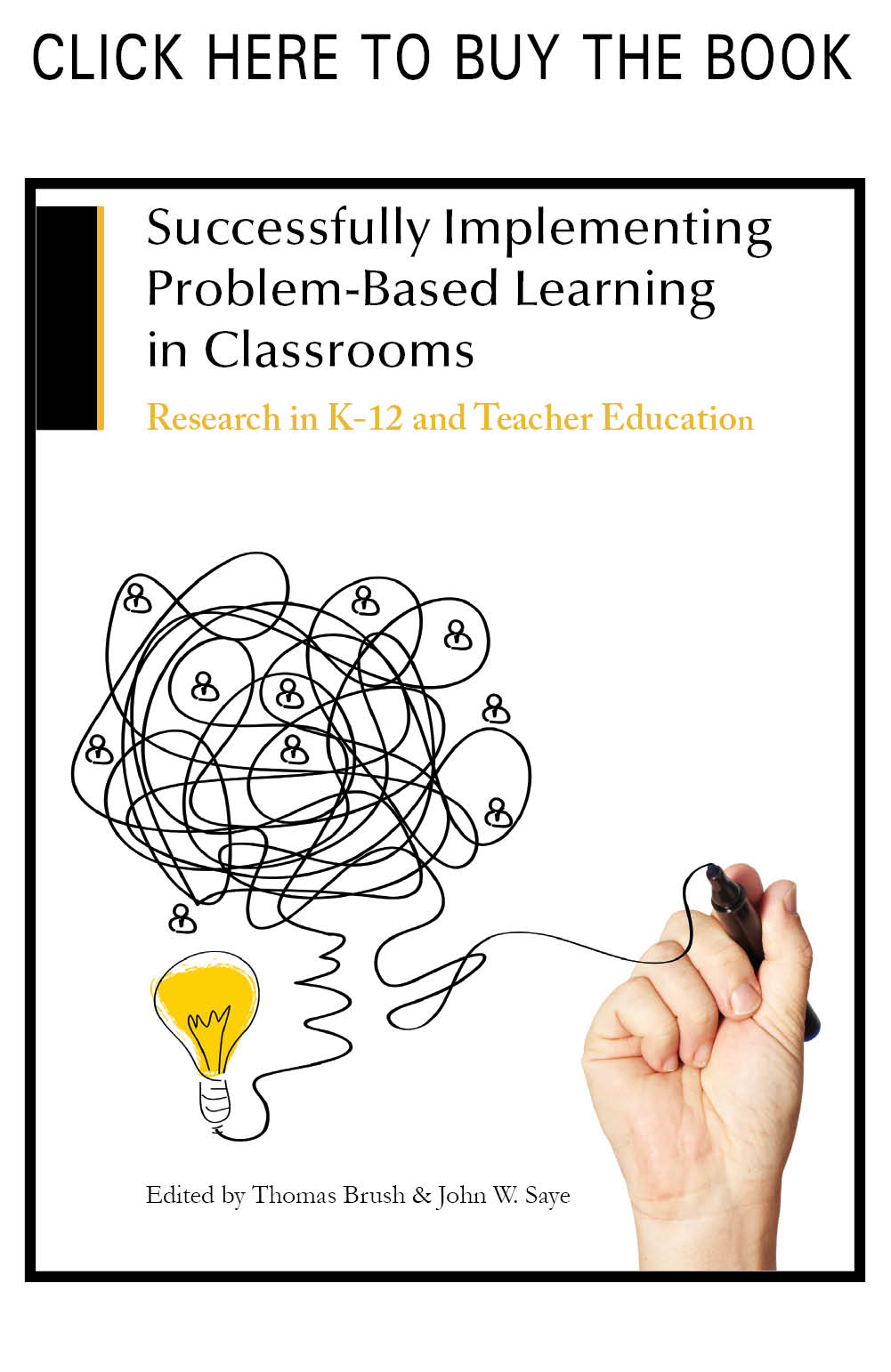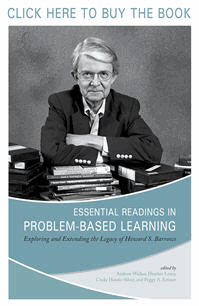Abstract
Recent calls have been made to enhance and extend the statistical experiences of K-12 students. However, to ensure that such goals are met, teachers also need to develop deep conceptual understanding and pedagogical content knowledge that are essential to statistical thinking and reasoning. In this regard, over the past two decades, leading thinkers and professional organizations had advocated that teaching and curricula should be focused and organized around problem solving. In this paper we describe three such technology-supported curricula—a project-based learning (PjBL) unit, problem-solving activities (PS) unit, and a model-eliciting activities (MEA) unit—that align with this perspective and discuss the ways in which they supported pre-service teachers’ engagement with elementary statistics concepts and technology. Our findings target two specific gaps in the literature—research on the use of technology in the development of statistical literacy and providing empirical support for advancing teachers’ statistical knowledge through engagement in the statistical investigation cycle.
Recommended Citation
Cross Francis, D.
,
Hudson, R.
,
Vesperman, C.
,
&
Perez, A.
(2014). Comparing Technology-supported Teacher Education Curricular Models for Enhancing Statistical Content Knowledge. Interdisciplinary Journal of Problem-Based Learning, 8(1).
Available at: https://doi.org/10.7771/1541-5015.1416
Included in
Curriculum and Instruction Commons, Elementary Education and Teaching Commons, Science and Mathematics Education Commons





